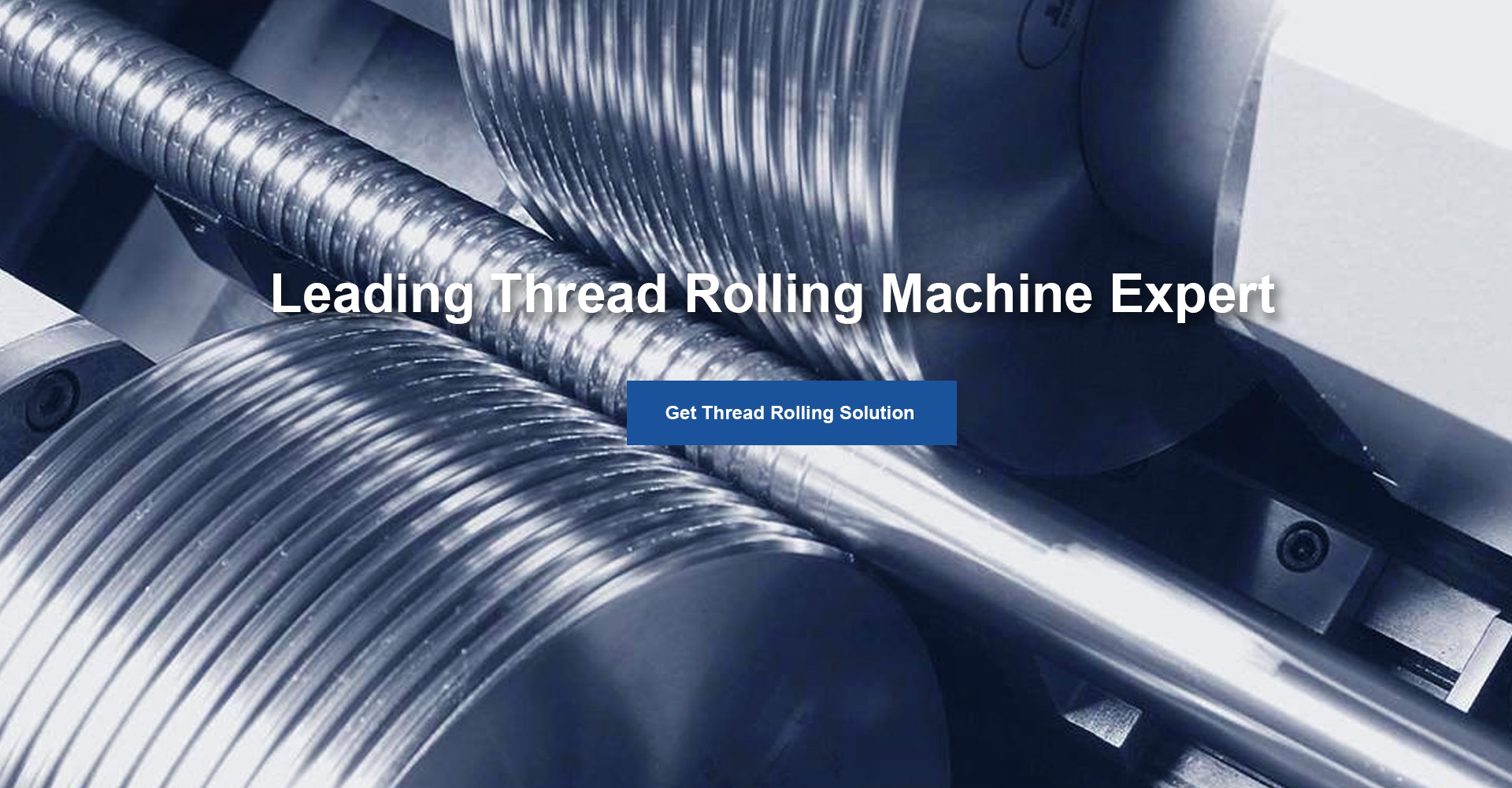
-
 Afrikaans
Afrikaans -
 Albanian
Albanian -
 Amharic
Amharic -
 Arabic
Arabic -
 Armenian
Armenian -
 Azerbaijani
Azerbaijani -
 Basque
Basque -
 Belarusian
Belarusian -
 Bengali
Bengali -
 Bosnian
Bosnian -
 Bulgarian
Bulgarian -
 Catalan
Catalan -
 Cebuano
Cebuano -
 Corsican
Corsican -
 Croatian
Croatian -
 Czech
Czech -
 Danish
Danish -
 Dutch
Dutch -
 English
English -
 Esperanto
Esperanto -
 Estonian
Estonian -
 Finnish
Finnish -
 French
French -
 Frisian
Frisian -
 Galician
Galician -
 Georgian
Georgian -
 German
German -
 Greek
Greek -
 Gujarati
Gujarati -
 Haitian Creole
Haitian Creole -
 hausa
hausa -
 hawaiian
hawaiian -
 Hebrew
Hebrew -
 Hindi
Hindi -
 Miao
Miao -
 Hungarian
Hungarian -
 Icelandic
Icelandic -
 igbo
igbo -
 Indonesian
Indonesian -
 irish
irish -
 Italian
Italian -
 Japanese
Japanese -
 Javanese
Javanese -
 Kannada
Kannada -
 kazakh
kazakh -
 Khmer
Khmer -
 Rwandese
Rwandese -
 Korean
Korean -
 Kurdish
Kurdish -
 Kyrgyz
Kyrgyz -
 Lao
Lao -
 Latin
Latin -
 Latvian
Latvian -
 Lithuanian
Lithuanian -
 Luxembourgish
Luxembourgish -
 Macedonian
Macedonian -
 Malgashi
Malgashi -
 Malay
Malay -
 Malayalam
Malayalam -
 Maltese
Maltese -
 Maori
Maori -
 Marathi
Marathi -
 Mongolian
Mongolian -
 Myanmar
Myanmar -
 Nepali
Nepali -
 Norwegian
Norwegian -
 Norwegian
Norwegian -
 Occitan
Occitan -
 Pashto
Pashto -
 Persian
Persian -
 Polish
Polish -
 Portuguese
Portuguese -
 Punjabi
Punjabi -
 Romanian
Romanian -
 Russian
Russian -
 Samoan
Samoan -
 Scottish Gaelic
Scottish Gaelic -
 Serbian
Serbian -
 Sesotho
Sesotho -
 Shona
Shona -
 Sindhi
Sindhi -
 Sinhala
Sinhala -
 Slovak
Slovak -
 Slovenian
Slovenian -
 Somali
Somali -
 Spanish
Spanish -
 Sundanese
Sundanese -
 Swahili
Swahili -
 Swedish
Swedish -
 Tagalog
Tagalog -
 Tajik
Tajik -
 Tamil
Tamil -
 Tatar
Tatar -
 Telugu
Telugu -
 Thai
Thai -
 Turkish
Turkish -
 Turkmen
Turkmen -
 Ukrainian
Ukrainian -
 Urdu
Urdu -
 Uighur
Uighur -
 Uzbek
Uzbek -
 Vietnamese
Vietnamese -
 Welsh
Welsh -
 Bantu
Bantu -
 Yiddish
Yiddish -
 Yoruba
Yoruba -
 Zulu
Zulu
custom types of thread rolling
Custom Types of Thread Rolling
Thread rolling is a widely used manufacturing process that creates threads on cylindrical parts through the application of pressure, typically using specially designed dies. This cold forming technique is favored for its ability to produce strong, high-quality threads while minimizing waste and ensuring dimensional accuracy. While standard thread rolling processes have been established, custom types of thread rolling are gaining traction in industries that require specialized threading solutions.
Custom thread rolling allows manufacturers to tailor the forming process to meet specific design requirements and performance criteria. This adaptability is particularly important in fields such as aerospace, automotive, and medical device manufacturing, where precision and material integrity are paramount. Custom dies can be designed to accommodate unusual thread profiles, sizes, or pitches that are not achievable through standard rolling methods.
One popular application of custom thread rolling is in the production of fasteners, which often require unique threading to ensure optimal fit and performance in complex assemblies. For instance, screws and bolts may need threads that conform to specific industry standards or have modified geometries to enhance torque resistance or reduce weight. By leveraging custom thread rolling, manufacturers can produce these fasteners with exceptional consistency and strength.
custom types of thread rolling

Another area where custom thread rolling shines is in the creation of threaded components for advanced machinery. Industries that develop cutting-edge technology often require components with specialized threading patterns that can improve performance, such as reducing friction or enhancing sealing capabilities. Custom thread rolling can be employed to create these unique threads, which would be difficult, if not impossible, to produce using traditional machining methods.
In addition to customization in thread design, the materials used in the thread rolling process can also be tailored to meet specific requirements. Custom thread rolling can work with a wide variety of materials, including high-strength alloys, stainless steel, and specialized composites. This versatility allows manufacturers to choose the most suitable material for their applications while still achieving the desired thread characteristics.
In conclusion, custom types of thread rolling play a crucial role in modern manufacturing, offering tailored solutions for diverse industries. By customizing thread profiles, dimensions, and materials, manufacturers can enhance the performance and reliability of their threaded components, contributing to the overall success of their products in a competitive market. As the demand for precision engineering continues to grow, the importance of custom thread rolling will undoubtedly increase.
